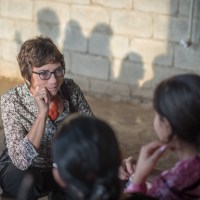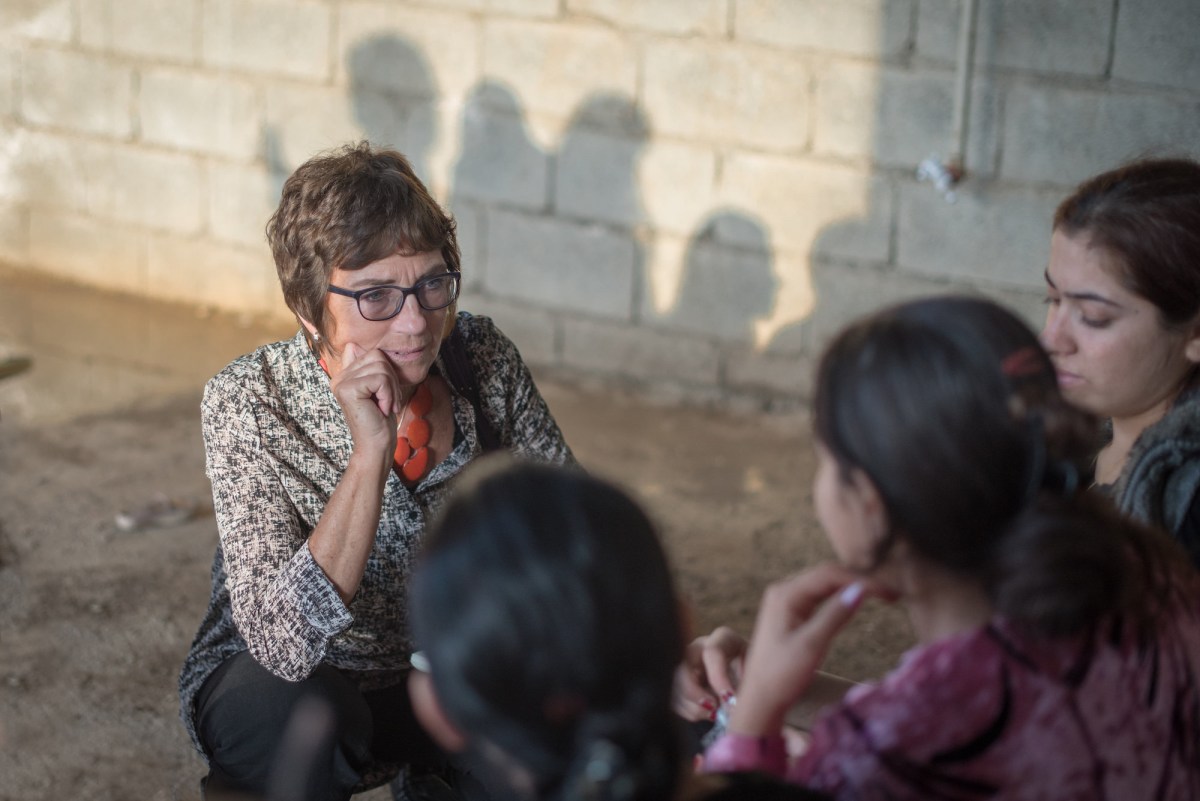It isn’t job training.
It isn’t lifesaving medical care.
It isn’t even food or water.
Of all the things this community does, the first is something so simple it may go unnoticed: our first program is listening.
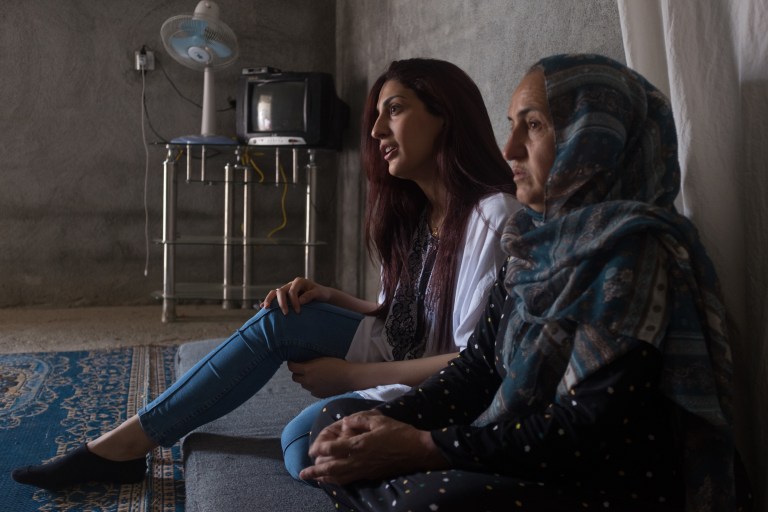
That may sound too simple, until you think about how incredibly difficult it is to stay quiet, ask questions, and really, honestly listen to people.
Some aid organizations in Iraq don’t even bother to interact with locals, much less listen to them. It’s not uncommon for charities to literally toss boxes of food or medicine over the wall into someone’s front yard, or to just leave it by the doorway of their shelter without so much as a “hello.”
It’s like saying, “You’ve lost everything, and only we have anything to offer.”
One young man who fled Syria told me it feels like a second displacement. He thought he’d lost everything to ISIS, but then he lost even more to the refugee camp and its caretakers. I asked him what he’d lost, and he looked at the floor and sort of shrugged.
“A voice, I guess.”
How can we know what his family needs most? How can we know whether they need that box of stuff left at their front door without a word? What if they have specific allergies or medical conditions or food restrictions—or even just preferences?
The answer: we can’t. Unless we listen first. 
Sad to say, many who come to do good—who genuinely desire to help—don’t seem all that interested in finding this stuff out, because it requires listening. And listening is time-consuming, tedious, and often just plain painful.
Traumatized, hurting people…well, I’ll be honest: they aren’t always easy to be around. They can be awkward, even downright weird, confusing, or offensive. As you practice listening, though, you start to see through all the external behavior. You get glimpses of the person behind all that. Listening, which senses pain, leads to understanding, which makes space for love.
I moved with my family to Iraq nearly seven years ago. When I first arrived, I was sure I had everything to offer and not much to learn. I wouldn’t have said it openly, but I didn’t come to listen. I came to give, to share, to love… and in subtle ways I didn’t even realize, that mentality elevated me over local people. It was like a newer, softer form of imperialism.
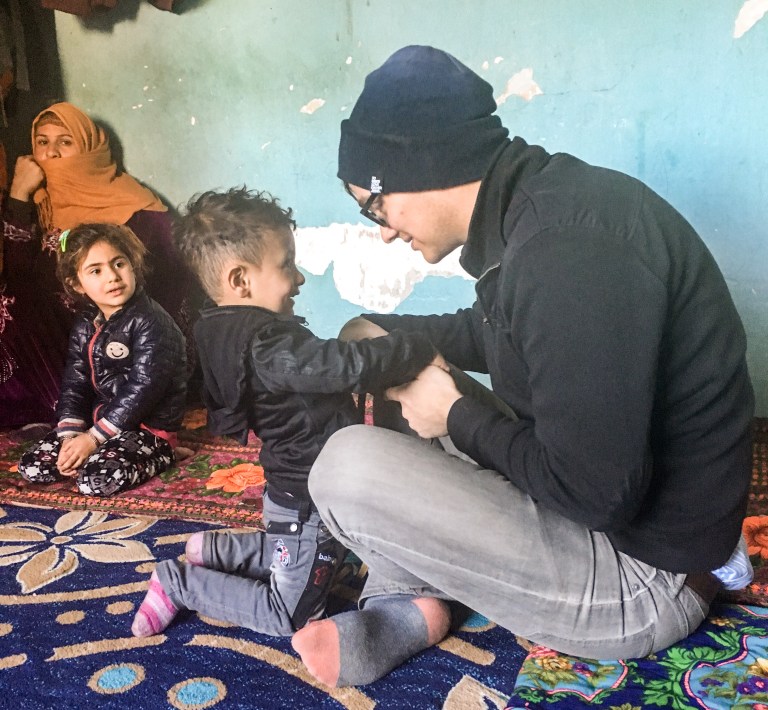
I spent years missing out on things they had to teach me. More importantly, I spent years missing out on a chance to love them well—because love comes from understanding, understanding comes from shared pain, and you can’t know someone’s pain without really hearing and seeing them.
But that pain is something most of us avoid with every fiber of our being.
You see, when we listen to moms who are suffering from depression or to dads who feel lost and hopeless, that trauma gets into our own souls. It creeps in, and you start to hurt with them. You want to do something specifically for them. You start caring about them.
It’s much easier to offer a simple, impersonal, one-size-fits-all aid package, because it does actually help to an extent. But to really bring people out of whatever poverty they’re in—to really empower them—we have to start everything by listening and seeing the poverty that we are in.
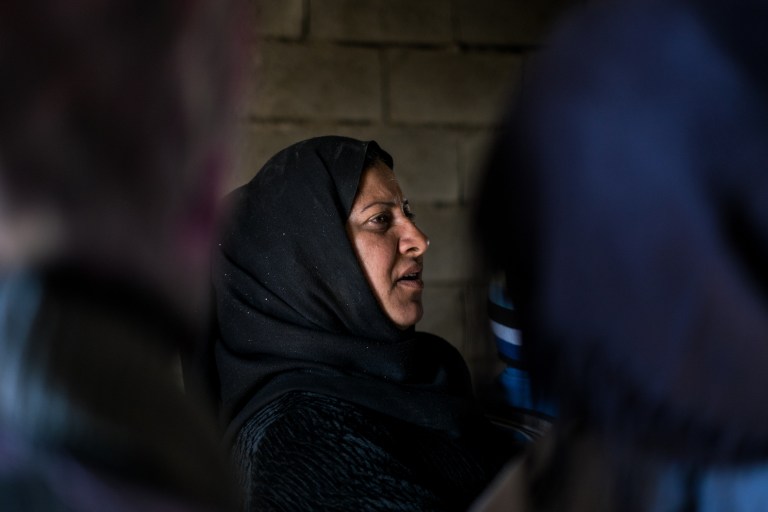
We have to be people who lament the things they lament. We have to walk into every refugee tent or war zone or trailer park or mosque or apartment knowing that this person has something to teach us, that we need to feel as they feel, that the only way forward together where these cycles of pain and violence actually come to a halt is if we get out of the way just enough to really listen.
We may come back with tools to help them start a business, or food or water to help keep them going for another month. But that can’t be the first thing we do, or we’ve robbed people of something essential.
The first program is listening.

